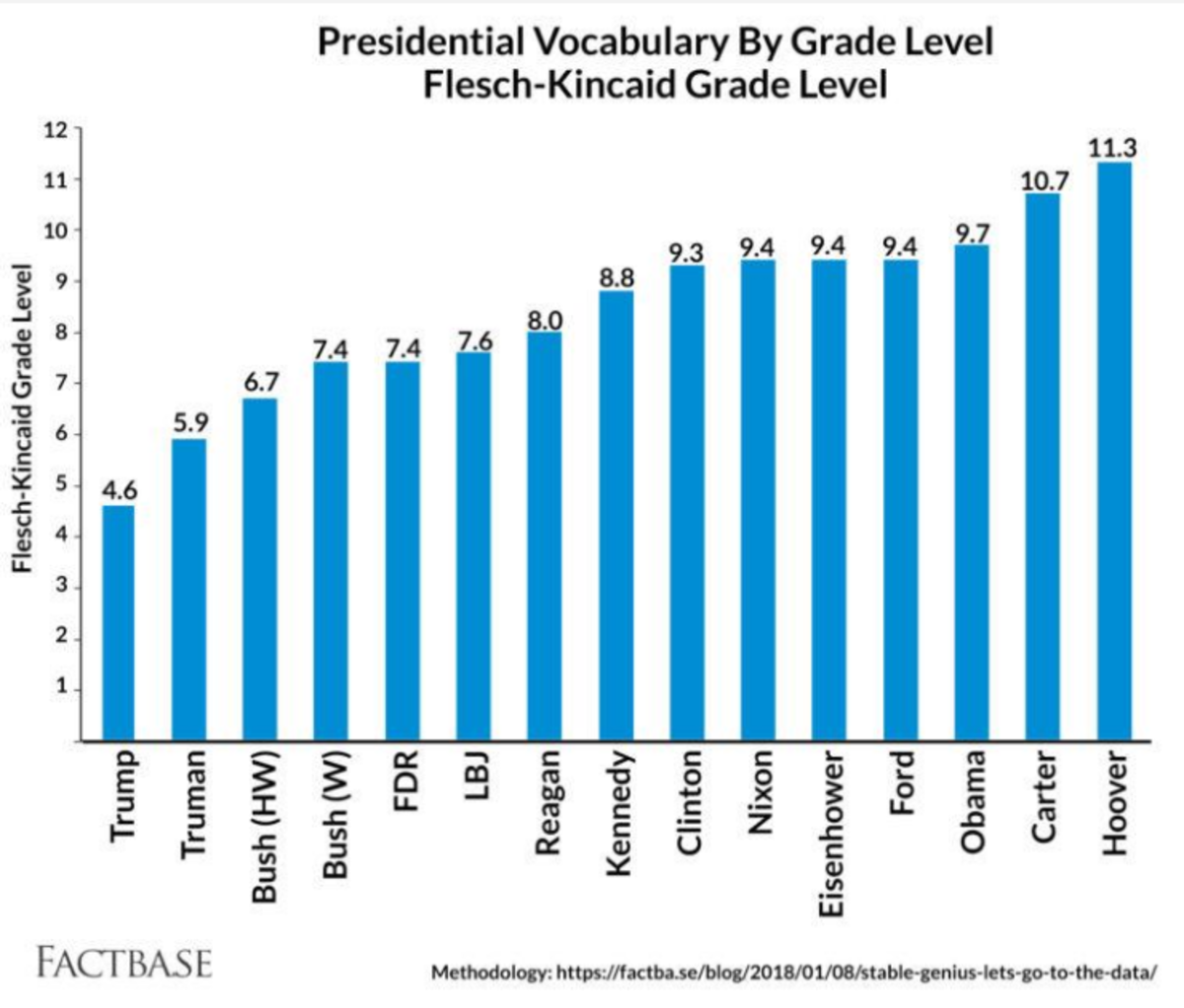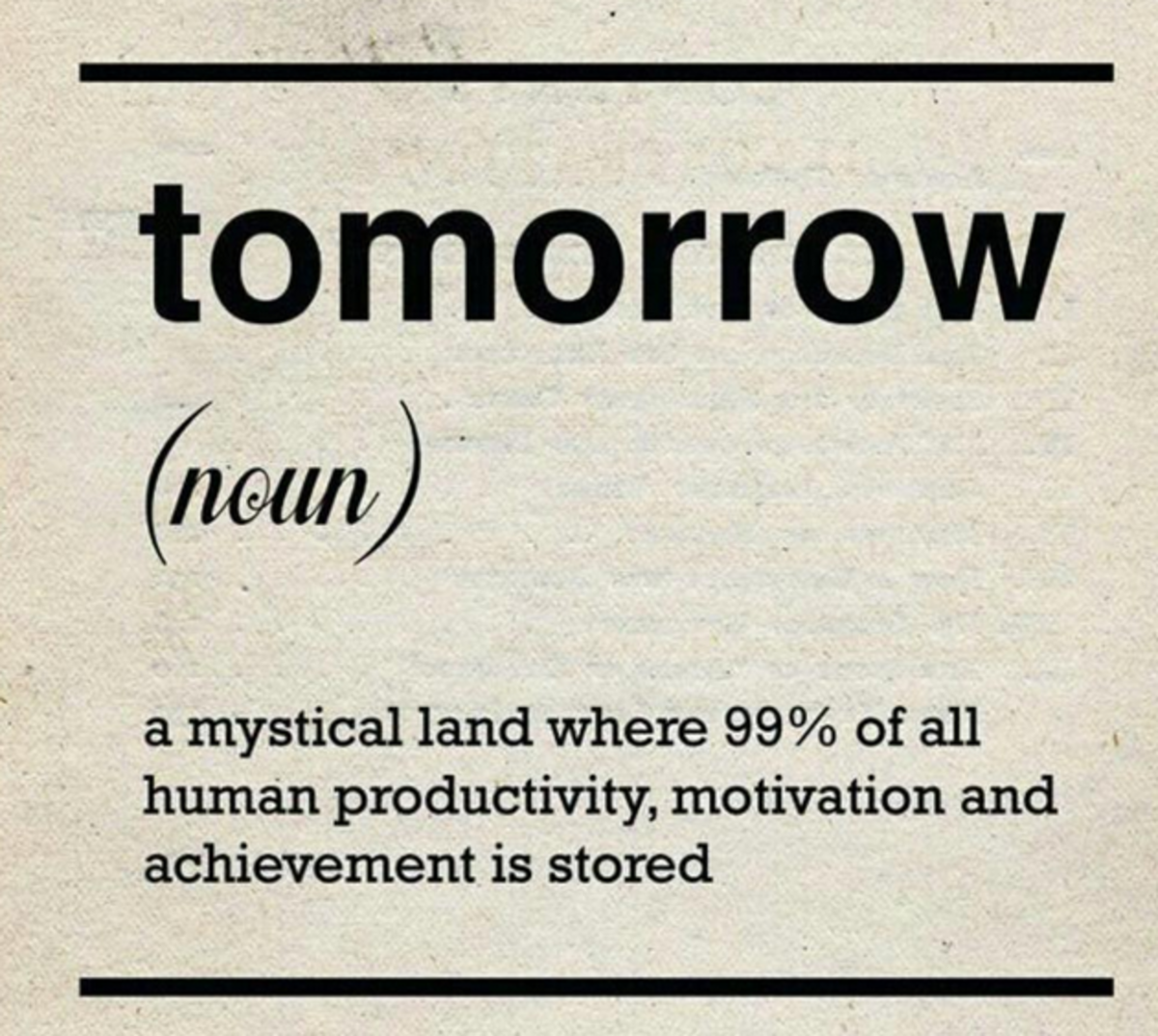Is Confidence Overrated?
Whenever we set off to do a task, belief is of utmost importance. But such a firm belief in your own endeavor is made up of two different ingredients; knowledge and confidence. You have to have as much knowledge as possible about whatever goal you are in pursuit of. You must develop a system to constantly fill you in, on information about that goal. And then comes, the most important ingredient of all, confidence. Out of the many vital traits of leadership, confidence has paramount importance.
A journey towards a certain goal always starts with a ‘want.’ It always starts with, ‘I want this to happen.’ Once you identify your want, you choose whether to work on it or not. The answer to this question changes everything. If you decide to go ahead with your effort, you start to execute a carefully laid out action plan. At this stage, lack of confidence will always keep you in doubt. You will never have 100% trust on your actions. If there is no confidence there will be a lack of belief and you might have thoughts like, ‘I am making the efforts but I can’t say if it will happen or not.’ And then at the first instance of failure the first thing that hits your mind might be, ‘looks like it won’t happen.’ Another fall-out of lack of confidence is that if there is a delay in getting success, you might even quit altogether.
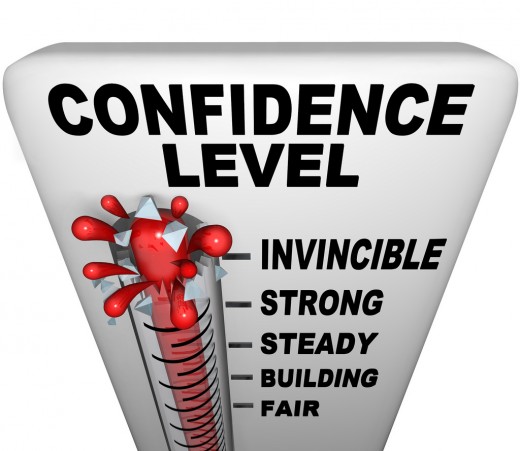
Confidence breeds high self-esteem. But we also have to be really careful to maintain that delicate balance between being confident and being overconfident and haughty. There is one more way in which knowledge and confidence together can help craft a successful life.
Do you think confidence is overrated?
Knowledge precedes competence and competence precedes confidence. Norman Vincent Peale, who was a minister, author of the popular book 'The Power of Positive Thinking’ and one of the top propagators of positive thinking said, ‘Believe in yourself! Have faith in your abilities! Without a humble but reasonable confidence in your own powers you cannot be successful or happy.’
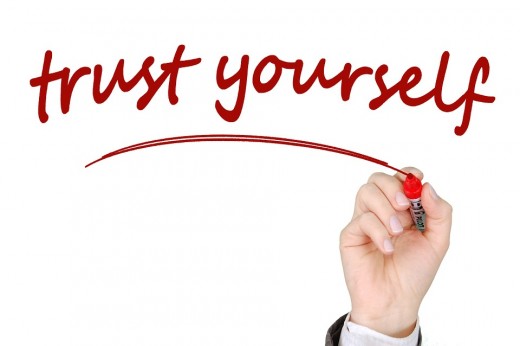
Confidence can work miracles. There is an undeniable continuum of correlation between confidence and success. Successful people feel more confident and confident people tend to be more successful. We all learn our first ABCs by listening to their pronunciation through our parents and teachers and by learning to recognize their shapes as we see them. It was an entirely different story for Helen Keller. Helen Adams Keller was an American author, political activist, and lecturer. She was the first deaf-blind person to earn a Bachelor of Arts degree. She also wrote frequently in magazines and newspapers on subjects like blindness, deafness, socialism, social issues and women’s rights. During her lifetime, Helen Keller received numerous awards and recognition.
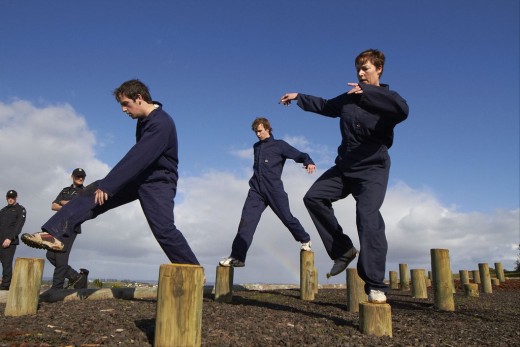
These awards include Brazil's Order of the Southern Cross; Japan's Sacred Treasure; the Philippines' Golden Heart; Lebanon's Gold Medal of Merit; and her own country's highest honor, the Presidential Medal of Freedom. According to her, ‘Optimism is the faith that leads to achievement. Nothing can be done without hope and confidence.’
Confidence is what bridges the gap between, ‘I want it to happen’ and ‘looks like it won’t happen,’




